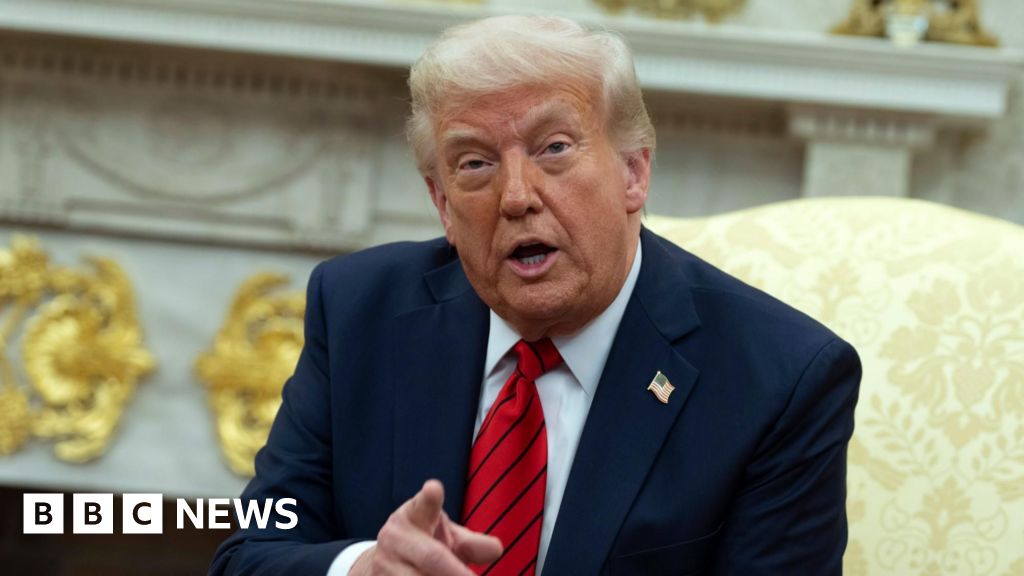Supreme Court Temporarily Blocks Trumps Use of 18th Century Law to Deport Venezuelan Migrants

The United States Supreme Court, in a significant ruling early on Saturday, has temporarily prohibited former President Donald Trump from utilizing an arcane law from the 18th century to deport a group of Venezuelan migrants. This decision comes amidst a contentious legal battle surrounding immigration policies and the treatment of migrants in the U.S.
The courts ruling underscores the complexities of immigration law and the ongoing debates regarding the treatment of migrant populations. The high court asserted that the government is directed not to remove any member of the putative class of detainees from the United States until a further order of this court. This statement highlights the judiciary's role in overseeing executive actions, particularly those that might contravene established legal protocols.
Trump's administration aimed to deport individuals they alleged were members of a Venezuelan criminal organization, specifically invoking the Alien Enemies Act of 1798. This law, which has not been used frequently in modern times, was originally established to allow for the removal of non-citizens considered enemy aliens during times of war. The last significant use of this act occurred during World War II, when thousands of Italian, German, and Japanese nationals were interned.
In a split decision, two of the nine justices, Clarence Thomas and Samuel Alito, dissented from the majority opinion. Their dissent indicates a lingering ideological divide within the court regarding issues of immigration and executive power.
Attorneys representing the detained migrants expressed their relief at the Supreme Court's decision. Lee Gelernt, a lead counsel from the American Civil Liberties Union (ACLU), asserted, These men were in imminent danger of spending their lives in a horrific foreign prison without ever having had a chance to go to court. This statement highlights the precarious situation for many migrants facing deportation and emphasizes the legal challenges they encounter.
Recently, there were incidents where several alleged members of the Tren de Aragua gang were deported to a facility in El Salvador, notwithstanding a lower court's order that explicitly blocked such deportations. Judge James Boasberg had issued a temporary restraining order aimed at preventing these actions, which prompted Trump to suggest that the judge should face impeachment.
Despite the ruling by Judge Boasberg, the administration proceeded with the deportations, a move that raised significant legal and ethical questions. We are relieved that the Supreme Court has not permitted the administration to whisk them away, the way others were just last month, Gelernt added, reflecting the precarious balance of power between the judiciary and the executive branch.
Earlier in the month, the Supreme Court had lifted a freeze on deportations in a closely contested 5-4 vote, which was perceived as a victory for the Trump administration. However, this earlier decision did not address the legality of Trumps attempt to invoke the Alien Enemies Act; instead, it focused on procedural questions regarding the jurisdiction of the lawsuit filed by the Venezuelan migrants.



























